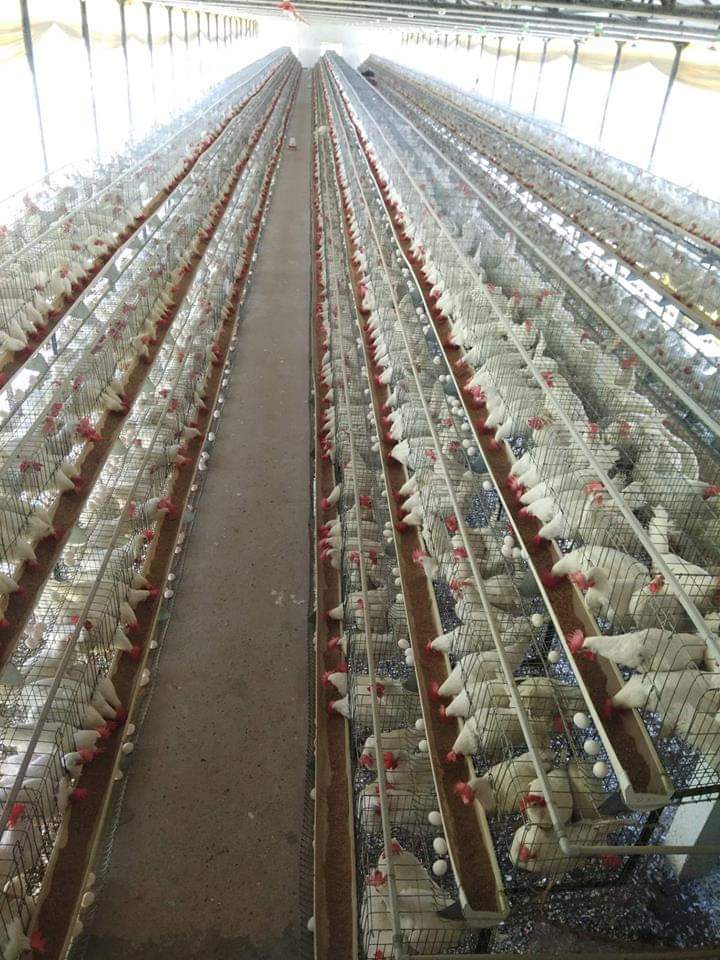Zinc can help combat infectious bronchitis in poultry
Research on infectious bronchitis virus (IBV) remains a top priority for the poultry industry. Not only is it widespread, but new serotypes also continue to emerge due to mutations and recombination events in the viral genome.
That research, however, is not limited to diagnostics, vaccination and biosecurity. Ana Da Silva, DVM, a graduate student and PhD candidate at the University of California-Davis, has been looking at performance minerals such as zinc and manganese to improve birds’ immune response to the costly virus.
“Our main goal is to understand how immunity to IBV works and try to use that approach in the innate immune responses,” Da Silva told Poultry Health Today, adding that she was looking for a broad response that would be common to different IBV genotypes.
Influence immune response
“Zinc and manganese are trace minerals that have a major influence on immune response in poultry,” Da Silva said. “They interfere with cytocytosis, cytokine introduction, inflammation, and maturation and depreciation of immune cells, such as macrophages, natural killer cells, and PMB [peripheral blood] cells. The idea of using these minerals in the feed is to modulate the immune response, so the birds perform better, and viral challenges don’t affect them as much as if they were not having these supplements.”
Da Silva used transgenic lines with the same genetic background in her research. The difference was in their major histocompatibility complex (MHC), which is linked to relative resistance or susceptibility to infectious diseases in general. The MHC group of genes code for proteins found on the surfaces of cells that help the immune system recognize foreign substances.
“The idea was to use two chicken lines that have distinct immune, pathological and clinical responses, and try to use [zinc and manganese] to see how that would affect their development after an IVB challenge,” Da Silva explained.
Research results show zinc benefits
She found that birds treated with zinc only or a zinc/manganese combination have a faster onset and recovery of clinical signs at 2 and 6 days post-infection (p < 0.05), as well as reduced airsacculitis at 14 days post-infection (p < 0.05). A trend for lower viral excretion (p > 0.05) was observed in the zinc-only treatment group.
“We observed an increase in body weight gain (p < 0.05) of chickens fed with the amino-acid-complexed supplements, compared to the inorganic control before and after the IBV challenge,” she reported in her abstract at the 2019 Southern Conference on Avian Diseases.
“Overall, the data shows that the zinc amino-acid complex alone induced better performance after the IBV challenge.”
Speaking to Poultry Health Today after her presentation, Da Silva added, “It’s interesting, because the supplements that we used in this experiment were bound to amino-acid complexes. It is thought that because they are more absorbed in the gut of the bird, they’re going to be more effective than trace minerals from inorganic sources. Both of the supplements improved the responses compared to the control feed, but in this particular experiment, the zinc-alone feed worked better.”
The study was relatively small, and birds were only fed for up to 4 weeks of age, so Da Silva said the fact that there were statistical differences in body weight, for example, was surprising.
Next steps
The next step is to use zinc and manganese in an experimental commercial setting, Da Silva said, because the genetic background of commercial birds is very different from the birds used in her experiment.
“Ideally, we would have to reassess, to make sure the traits we analyzed in our control birds and in our controlled environment would reflect the reality in the field,” she said. “Hopefully, we would see beneficial results in the field as well.”
Courtesy- poultryhealthtoday.com
Posted on July 25, 2019



